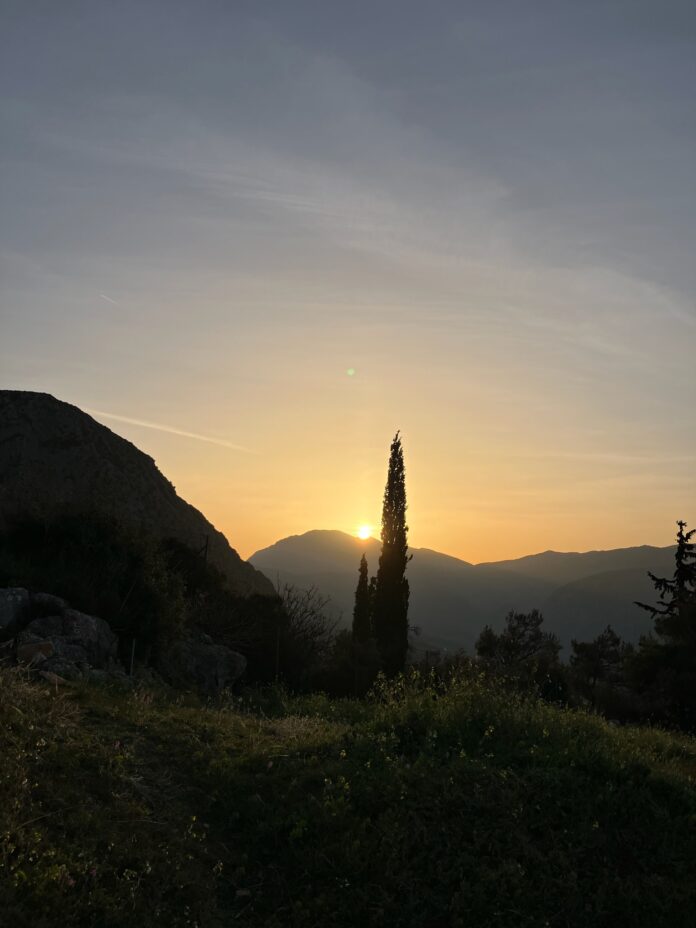
Aragorn as the heroic archetype of Christian honor
From Roman “Pietas” to Japanese “Bushidō,” there is an ancient and fundamental regard for the role of honor in public life. Europe and America participate in the tradition of honor through the code of chivalry. This system, archaic and elusive as any ideal, shaped much of the glory of the middle ages and its decline since the eighteenth century is aptly captured in the modern proverb ‘chivalry is dead.’
Yet I cannot help but feel a knot in my chest when I hear this phrase. Is chivalry merely an antiquated ideal from a more violent age? Only a tool to keep the dangerous warrior class in check? Or is there more to the idea of chivalry than shining armor and romantic conversations? Is it an answer to the need for genuine Christian honor codifying how one ought to live with fellow man?
As I have alluded, much of the difficulty with chivalry comes from the vagueness with which it is used. Then, what word would have meaning if so abused by pop culture? While I admit the difficulties in defining an ideal, I still hold that one can understand, and therefore live, this ideal through example – in much the same way as a child learns to speak from their parents without the need of grammar.
With this intention in mind, and running the risk of losing half my audience, I put forth Aragorn from J. R. R. Tolkien’s “The Lord of the Rings” as an archetype of chivalry. I do so as his character captures the ideals of chivalry through the selflessness, gentleness and the endurance with which he fulfills his quest.
“But no,” objects the edgy classicist and the staunch modernist alike “Aragorn, a character from a modern novel, captures modern ideals, not those of chivalry!” To this I say that from the setting of “The Lord of the Rings” and Tolkien’s classical understanding, we get the old understanding of chivalry, while the modern composition of the book shows us how the old has been refined like a keg of aged bourbon. “I am Aragorn son of Arathorn; and if by life or death I can save you, I will,” vows the Ranger as he begins to form bonds with the questing hobbits. But, protective attitude is not uniquely directed at the halflings. Later on, Aragorn even shows concern for Gandalf ’s fate before the Fellowship enters Moria.
Selfless concern for others dominates the crownless king’s interactions with the other characters in the story. In like manner we are called to look outwards with eyes more concerned with healing and protecting than with seizing glory for ourselves.
“I ask leave once again to be your companion, Frodo,” says Aragorn as he joins the Fellowship. This shows how gentleness is another element of chivalrous action. On numerous occasions Aragorn could force his will upon the other characters. After all, he is in both strength and role a kingly hero.
Yet, Aragorn always chooses to allow those around him to accept or reject his aid. Often we are mistaken in thinking that it is chivalrous to help others despite their will. However, doing so harms the will of the other.
“It would take more than a few days, or weeks, or years, of wandering in the Wild to make you look like Strider…” remarks the man who has journeyed beyond most maps. In order to be king, to fulfill his vocation, Aragorn has endured hatred by those he and the Dúnedain protect.
This endurance and dedication in pursuit of an end that is many years distant is the last characteristic of chivalry I will comment on. So often our goals are left to die before their fulfillment, the candle is allowed to burn out. Yet chivalry demands that when the night seems the darkest we carry on in spite of the darkness.
The strength to endure in dire times, the compassion and gentleness to tenderly care for the wounds of others, and the selflessness to put others before oneself are the marks of chivalry and Christian honor. These practices may be old, but I know they are still needed and I have serious doubts as to their genuine death; for, as Bilbo writes, the “deep roots” of honor and virtue are never reached by “the frost.”